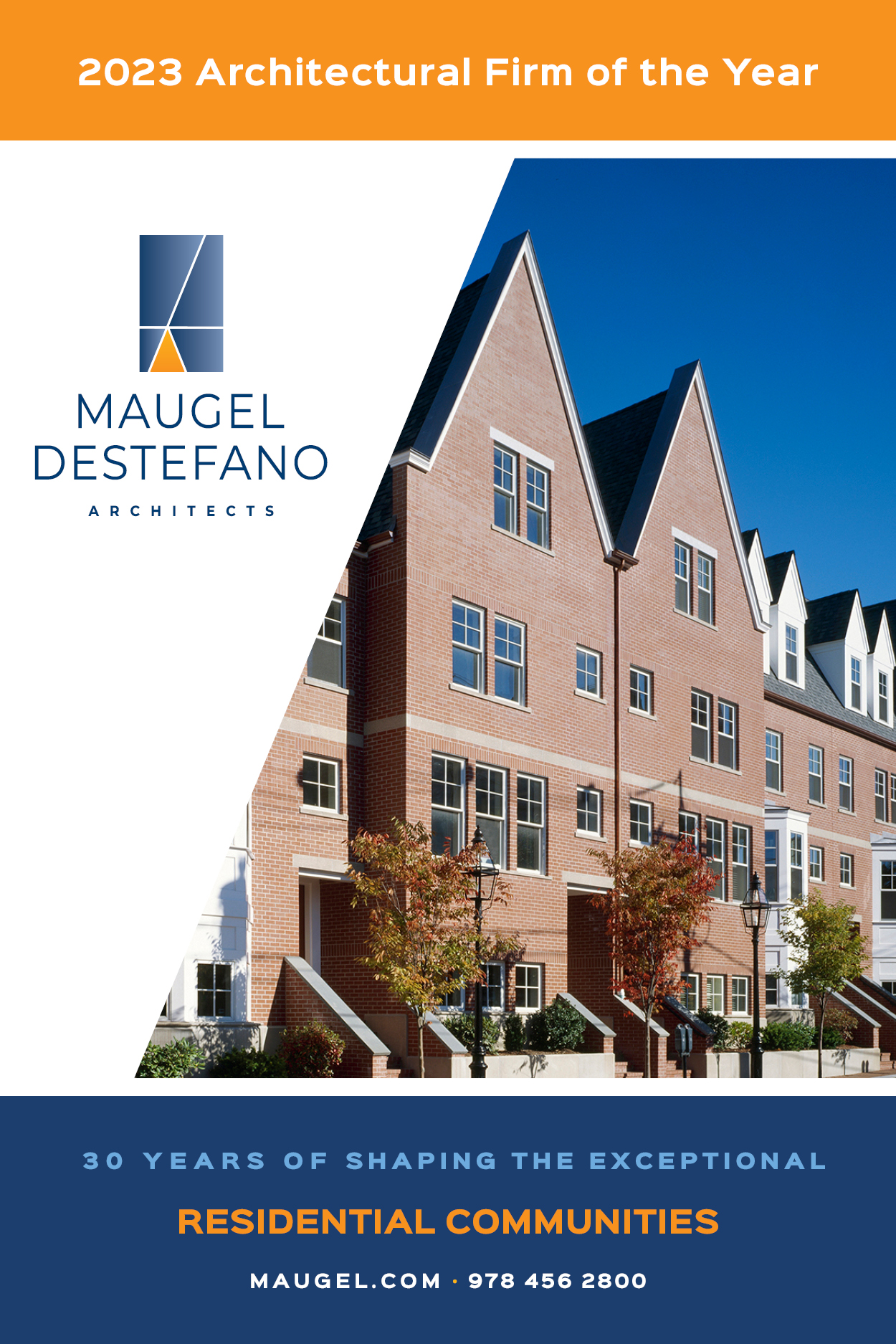BOSTON – To demonstrate how existing affordable housing can become more sustainable, MassHousing and the Massachusetts Housing Partnership (MHP) are announcing today the first two awards from the state’s Climate Ready Housing Program.
The Treehouse at Easthampton Meadow and Hano Homes in Boston are the first to receive funding from the new $10 million pilot program created to show how owners can achieve deep reductions in energy use and carbon emissions in the refinancing, renovation, and preservation of their affordable housing properties.
“We are pleased to partner with MHP and the state in this pilot program to help property owners make their buildings more energy efficient and sustainable for their residents and communities,” said MassHousing Executive Director Chrystal Kornegay.
“We’ve made great strides on making new affordable housing more sustainable and we are committed to working with the state and MassHousing on making existing affordable housing more energy efficient too,” said MHP Executive Clark Ziegler.
Treehouse in Easthampton is a 60-unit intergenerational community that integrates affordable family housing for households who have adopted children out of the foster system with households ages 55 and older who have agreed to mentor these children.
As part of an upcoming refinancing, property owner Beacon Communities plans to achieve significant energy savings through improvements to the building envelope and electrification of the heating and cooling systems, which will reduce energy use by 50 percent. An innovative reuse of the existing vinyl siding and other building materials will minimize the project’s carbon impact. Climate Ready will support this effort with $750,000 which will help fund the incremental costs of planning and moving forward with these energy-savings measures.
“Beacon Communities is thrilled to have been awarded this funding,” said Courtney Koslow, development director at Beacon. “We have a long history of building high performance buildings and we will now be able to undertake our first deep energy retrofit and electrification of one of our existing affordable housing developments. We hope to use what we learn at Treehouse and replicate it at our other developments.”
Hano Homes consists of 20 affordable apartments in 10 historic row houses in Boston’s Allston neighborhood. As part of its upcoming refinancing, property owner Allston Brighton Community Development Corp. (ABCDC) is planning to pursue Passive House, a performance-based certification earned by dramatically reducing energy use. ABCDC’s efforts will include an airtight upgrade of the building’s envelope, electrification of all heating and cooling systems, and installation of rooftop solar panels. These improvements are expected to reduce energy use by 70 percent.
The Climate Ready program is supporting ABCDC with an $800,000 grant and hopes to use this project as a model to show how medium-sized affordable housing projects can achieve significant energy and emissions reductions. This is part of a larger effort by ABCDC to decarbonize its entire affordable housing portfolio by 2040, 10 years before the City of Boston’s goal of achieving net zero emissions in all its existing buildings.
“We are honored to be one of the first recipients of this forward-thinking fund,” said Caitlin Robillard, real estate director at ABCDC. “Not only did the Climate Ready Housing Program make our rehab of Hano Homes financially feasible, but it has also raised the visibility of Deep Energy Retrofits and their viability in the affordable housing space.”
Funding for this program comes from the state’s 2021 economic development bond bill through the state Department of Housing and Community Development (DHCD). MassHousing and MHP are administering the fund for DHCD, with additional application and programmatic support from Local Initiatives Support Corporation (LISC Boston).
“LISC is thrilled to be working with MassHousing and MHP on Massachusetts’ first statewide deep energy retrofit gap funding program,” said Emily Jones, Green Homes Senior Program Officer at LISC. “The lessons we learn will help us increase equitable decarbonization practices across a wider range of properties and drive more resources to affordable housing, leading to healthier, more comfortable, and affordable homes for residents and communities.”
The goal of the program is to make two to three awards per year to projects pursuing one of the following approaches:
- Deep Energy Retrofits (DER): Involves extensive building envelope improvements, electrification of building systems, maximization of on-site renewable energy production; and embodied carbon reduction resulting in significant energy savings by at least 50 percent and carbon emissions reductions.
- Zero Carbon Emissions Over Time (ZOT): This approach assumes a less significant intervention in the upcoming rehabilitation project than is represented in the DER approach but reflects thoughtful planning on the part of the project team to capture the pending rehabilitation as part of a long-term plan to achieve zero carbon emissions by 2050.
MHP and MassHousing are launching this year’s funding round in March. For more information about the program, application materials and deadlines, go to www.lisc.org/climatereadyhousing.




















